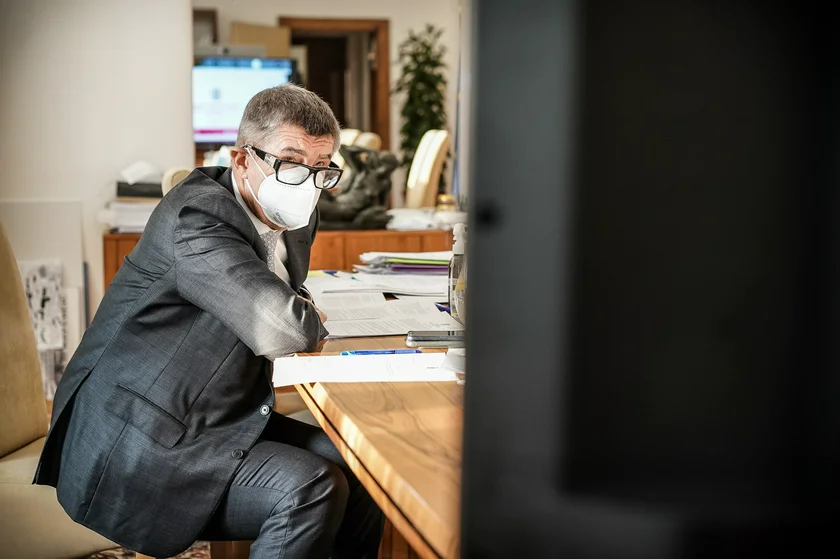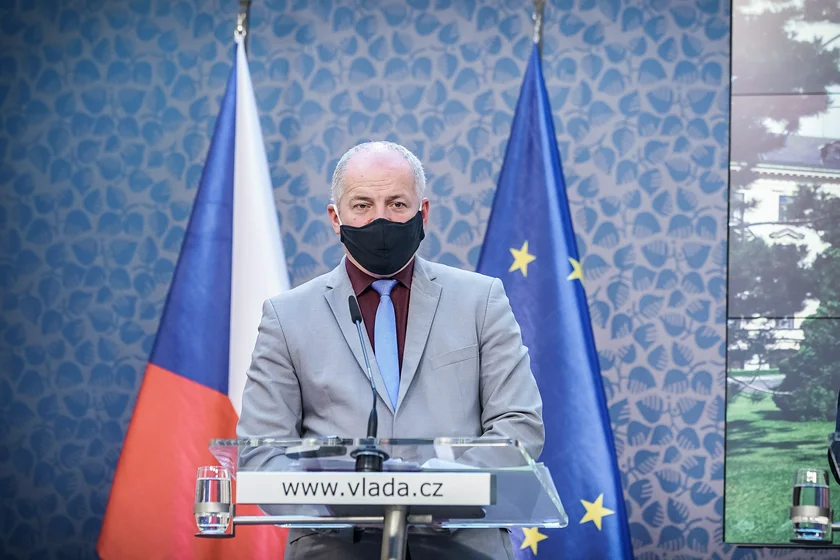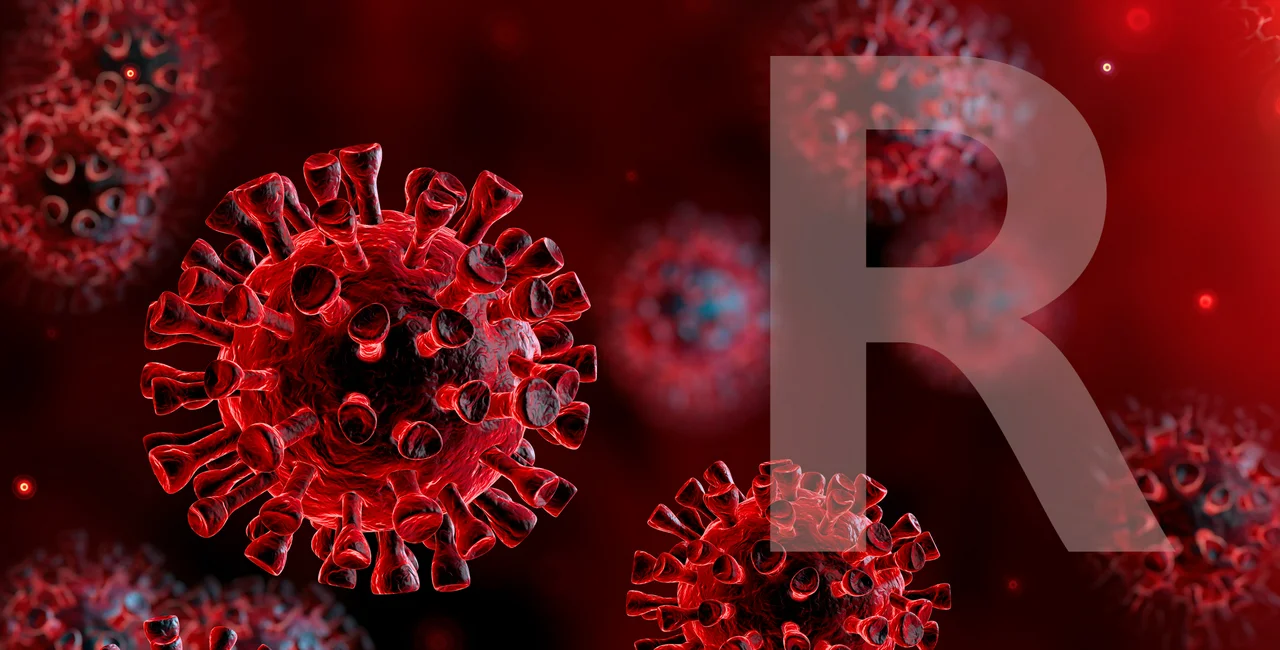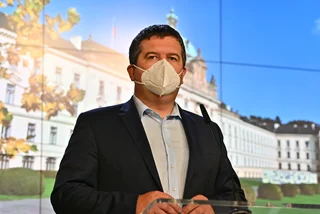One of the most monitored and anticipated, parameters of the pandemic in the Czech Republic has been the R number. For the first time since this summer, R has fallen to 0.8, according to the Institute of Health Information and Statistics (ÚZIS).
The reproductive R number indicates how many people on average an infected person will pass the virus on to. It is therefore crucial to determine the speed of these infections. If it falls below one, the pandemic slows and the number of new infections decreases.
Last month, government officials, including Prime Minister Andrej Babiš (ANO) and former Minister Roman Prymula (ANO), stated that the value of 0.8 would be crucial for setting anti-epidemic restrictions.

"If the average reproduction number per week is reduced to 0.8, the restrictions will be relaxed," Prime Minister Babiš said at a press conference after a government meeting exactly a month ago.
The same statement was repeated a day later by Roman Prymula. At that time, R was approximately 1.5 - a value that indicates a very rapid spread of the virus in the population.
It was the value of 0.8 that the ex-minister Prymula mentioned as a turning point. "If the increase in cases can be reduced and stable at the level of the reproduction number of 0.8, the individual measures will be gradually released at the shortest possible intervals," he said in a speech to citizens in mid-October.

However, the current minister, Jan Blatný, said on Wednesday that the Czech Republic would still be considered at its worst level, within the new planned risk assessment system to be rolled out today.
Blatný, plans to introduce this new system, called PES, for the gradual relaxation of restrictions today. On Wednesday, Blatný stated, at a press conference announcing the return of first and second grade students to schools, that if the system came into force on Monday, the Czech Republic would be in the fifth and therefore the worst degree of risk according to his new system.
However, according Blatný's earlier statement, the risk-level will not be calculated solely from the reproduction (R) number. In addition, the condition will be assessed according to the occurrence of new cases per 100,000 inhabitants in the last 14 days, the incidence of infection among the elderly and the share of positive tests in their total number.
The health ministry said on Wednesday that no mass easing of restrictions was planned. However, the first step in this direction was announced by Minister Jan Blatný (ANO) on Wednesday - the return of first and second graders of primary schools and pupils of special schools on 18 November. The head of the ministry also added that the return of other school children will depend on the further development of the pandemic.
According to Blatný, the Czech Republic has reached a turning point for the better. He emphasized that the percentage of positive tests is starting to fall. "The number is still large, but declining. Compared to last week, there is a decrease of more than nine percent," he said.
At the same time, Blatný once again called on citizens to take a responsible approach to anti-coronavirus measures, on the basis of which, according to him, the Czech Republic could move to a lower degree of risk within a few weeks.












 Reading time: 2 minutes
Reading time: 2 minutes 


 English
English
 French
French
 Spanish
Spanish
























